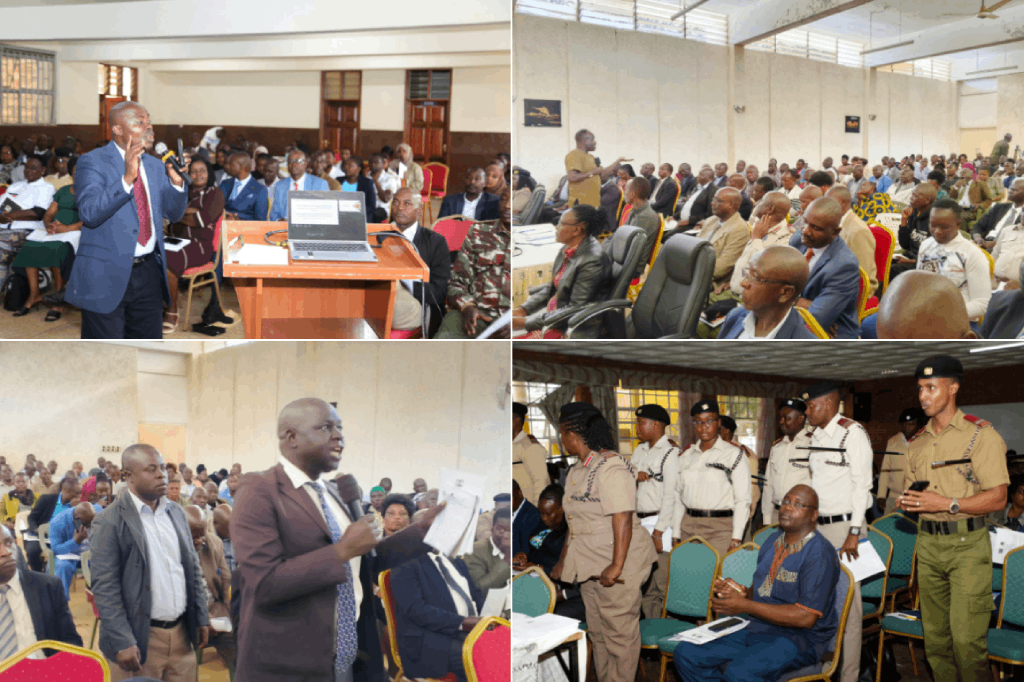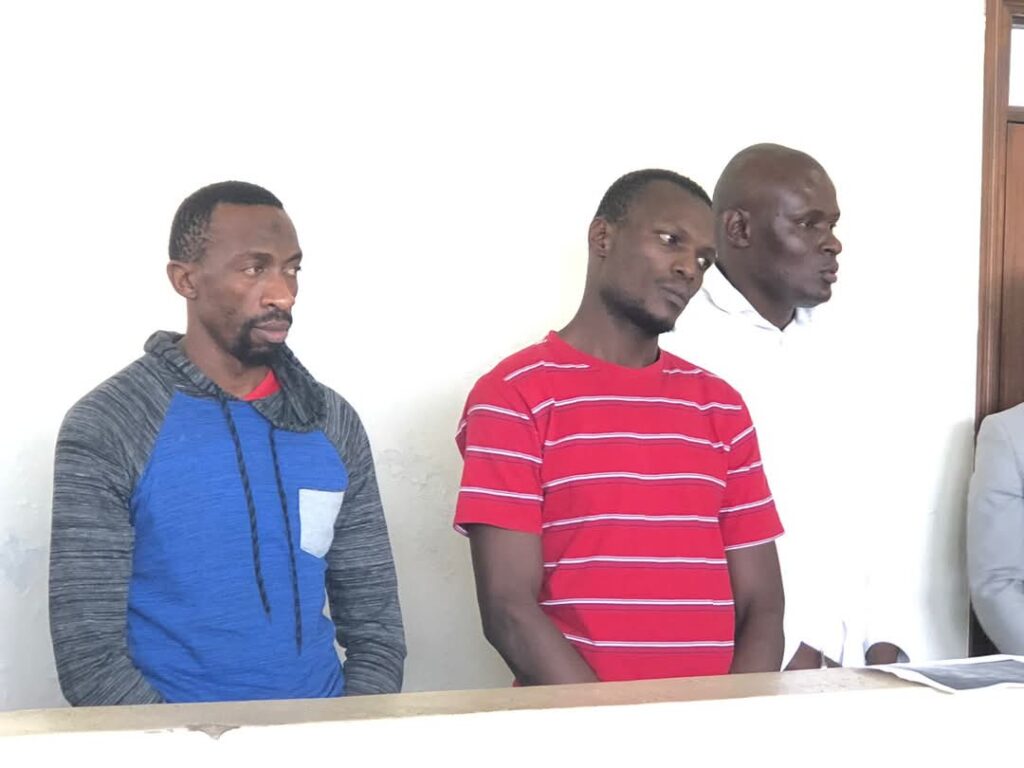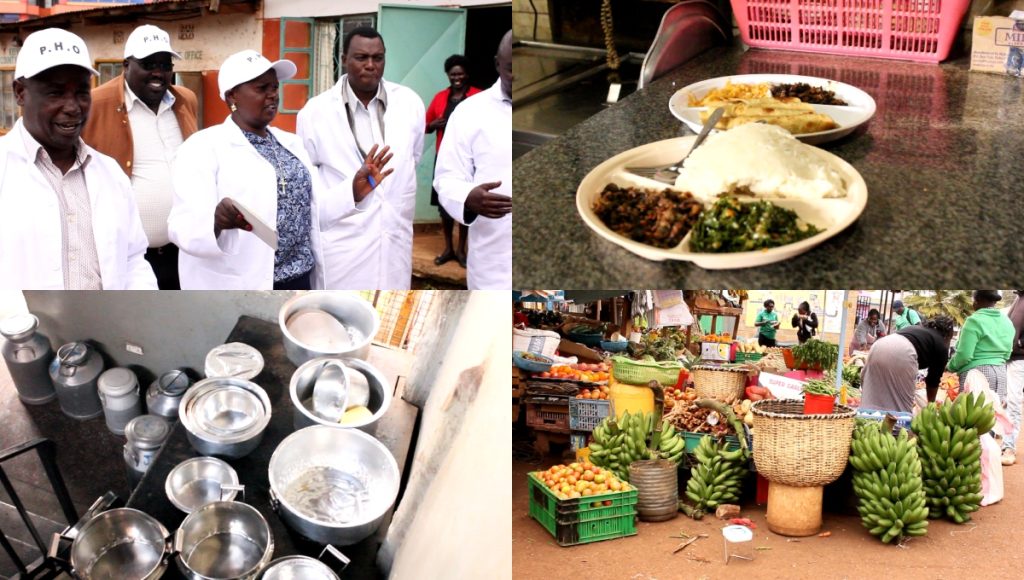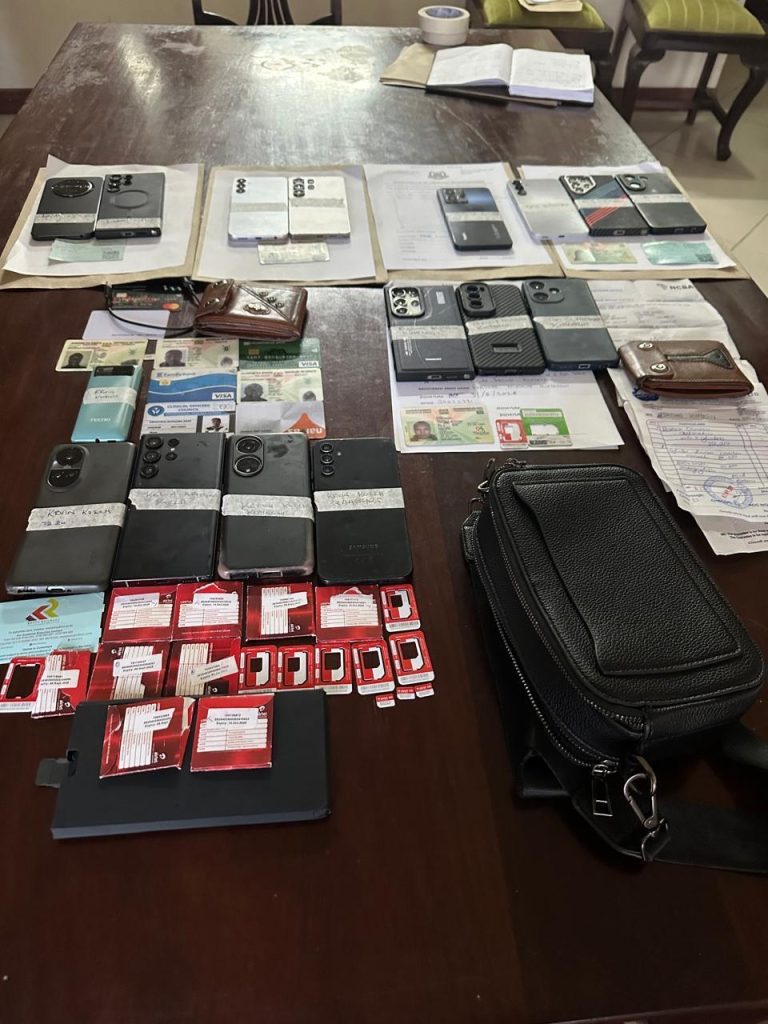The Ministry of Interior and National Administration has officially launched public participation forums on the Draft National Government Village Administration Policy and the Draft National Government Coordination (Administrative Units) Regulations, 2025. The forums commenced today in Nairobi, with simultaneous sessions scheduled across the country.
Presiding over the Nairobi forum at Pangani Girls High School, the Nairobi Regional Commissioner, Mr. Katee Mwanza delivered remarks on behalf of the Principal Secretary for Internal Security and National Administration, Dr. Raymond Omollo.
In his speech, the PS underscored the significance of these forums, noting that governance is a shared responsibility that must be grounded in public involvement and constitutional values. He emphasized that the public’s input is central to shaping frameworks that will improve grassroots governance, service delivery, and national cohesion.
“These two frameworks represent a bold and necessary step toward redefining how Government reaches, serves, and partners with citizens at the grassroots level,” read the statement by the Regional Commissioner.
The Draft Village Administration Policy aims to formalize the long-standing but informal role of Village Elders. Often the first responders in matters of dispute resolution, public verification, and community coordination, Village Elders have operated without legal backing or compensation. The policy seeks to institutionalize their role within the national governance framework.
Equally, the Draft Regulations on Administrative Units will bring coherence to the establishment of Sub-Counties, Divisions, Locations, and Sub-Locations ensuring these units are gazetted, funded, and functional.
“These reforms will help correct historical gaps and ensure that village structures are anchored in law, well-resourced, and capable of delivering services to every citizen,” the PS noted in the statement.
The frameworks were developed through an inclusive and consultative process involving memoranda submissions, stakeholder meetings, and inter-agency collaboration. They are also aligned with existing laws and policies at both national and county levels.
The Ministry has called on all stakeholders including the public, Nyumba Kumi, civil society, faith-based organizations, and the private sector, to offer honest feedback and engage meaningfully in the process.
The public participation forums were held across other regions, including Uasin Gishu, Nakuru, Garissa, Kilifi, Kisumu, Kitui, Kakamega, and Nyamira.









